In a groundbreaking development that could reshape marine conservation efforts, scientists have successfully transplanted heat and acid-resistant genes from resilient coral species into more vulnerable varieties. This pioneering genetic engineering approach offers a potential lifeline for coral reefs facing existential threats from climate change. The research, conducted by an international team of marine biologists and geneticists, represents a quantum leap in our ability to potentially enhance coral survival in increasingly hostile oceanic conditions.
The world's coral reefs have been dying at an alarming rate, with scientists estimating we've lost nearly half of these vital ecosystems in the past century. Rising sea temperatures trigger catastrophic bleaching events, while increasing ocean acidity dissolves the calcium carbonate skeletons that form reef structures. Traditional conservation methods have proven inadequate against these accelerating threats, forcing researchers to explore more radical solutions at the genetic level.
The breakthrough centers on identifying and isolating specific genetic sequences that enable certain coral species to thrive in naturally warmer, more acidic marine environments. These "super corals" possess remarkable natural adaptations that scientists have now successfully transferred to other coral populations through advanced CRISPR-Cas9 gene-editing techniques. The transplanted genes appear to confer enhanced thermal tolerance and improved calcification abilities under acidic conditions.
Dr. Elena Martinez, lead researcher at the Hawaii Institute of Marine Biology, explains: "We're not creating unnatural organisms - we're simply accelerating evolutionary processes that already exist in nature. The genes we're working with occur naturally in coral populations that inhabit volcanic CO2 seeps or consistently warm lagoons. Our work facilitates the transfer of these beneficial traits to struggling reef systems."
Field trials conducted in controlled marine environments have shown promising results. Genetically enhanced corals demonstrated up to 80% greater survival rates during simulated heat waves compared to unmodified counterparts. Perhaps more crucially, these corals maintained their symbiotic relationships with algae - a vital partnership that conventional breeding programs have struggled to preserve when selecting for heat tolerance.
The ethical implications of such genetic interventions have sparked intense debate within the scientific community. While some conservationists argue we've reached a point where human intervention is necessary to prevent ecosystem collapse, others warn against unintended consequences of manipulating complex marine ecosystems. Proponents counter that without action, most reefs will likely perish within decades anyway due to climate change.
Technical challenges remain before widespread application becomes feasible. Current methods allow for modifying only small numbers of coral polyps at a time, while reef restoration requires millions of genetically enhanced individuals. Researchers are working to scale up the process through improved larval delivery systems and selective breeding of modified specimens.
Regulatory hurdles present another significant barrier. No international framework currently exists for governing the release of genetically modified marine organisms. The research team has established strict biocontainment protocols while advocating for the development of appropriate oversight mechanisms that balance conservation needs with environmental safety.
Looking ahead, scientists envision combining genetic interventions with other innovative approaches like assisted evolution and large-scale larval reseeding. This multifaceted strategy may offer the best hope for preserving functional reef ecosystems while humanity works to address the root causes of climate change. The coming decade will prove critical for determining whether such interventions can be deployed at scales sufficient to make a meaningful difference.
As coral reefs support approximately 25% of all marine life while protecting coastlines and sustaining fisheries worth billions annually, their preservation represents one of the most urgent environmental challenges of our time. While genetic solutions alone cannot replace comprehensive climate action, they may buy precious time for reefs - and the countless species that depend on them - to adapt to our rapidly changing world.
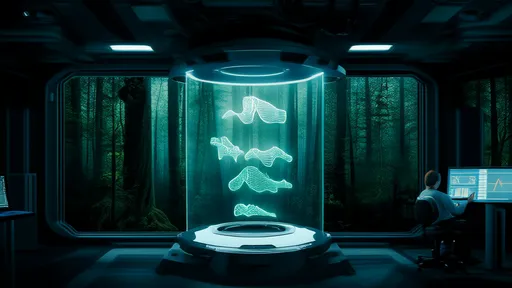
By /Aug 12, 2025
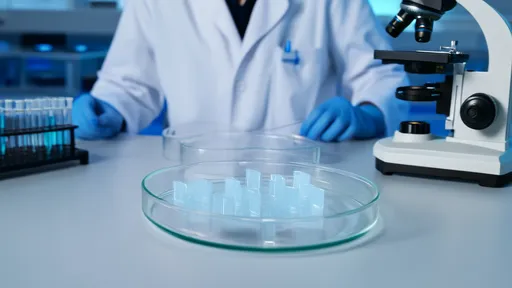
By /Aug 12, 2025

By /Aug 12, 2025
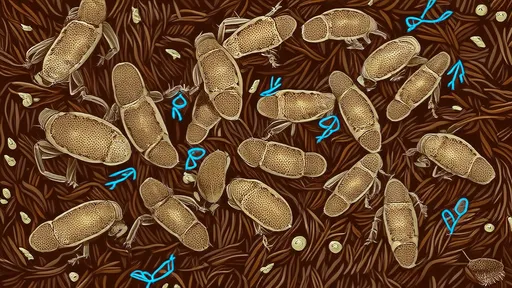
By /Aug 12, 2025
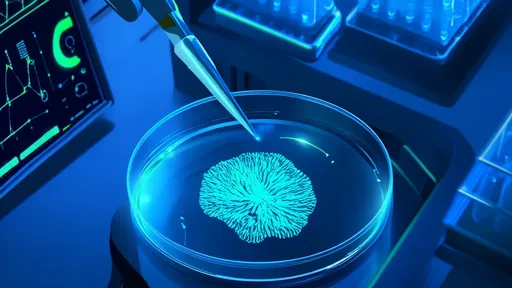
By /Aug 12, 2025

By /Aug 12, 2025

By /Aug 12, 2025

By /Aug 12, 2025

By /Aug 12, 2025

By /Aug 12, 2025

By /Aug 12, 2025

By /Aug 12, 2025
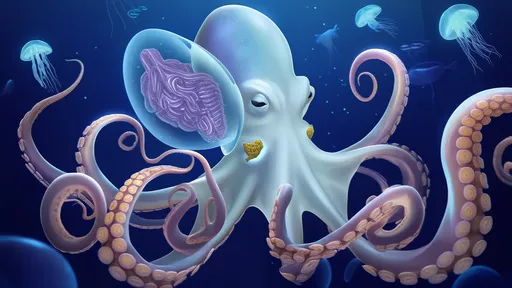
By /Aug 12, 2025

By /Aug 12, 2025
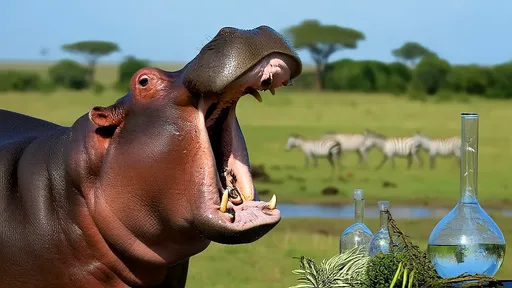
By /Aug 12, 2025

By /Aug 12, 2025

By /Aug 12, 2025

By /Aug 12, 2025

By /Aug 12, 2025
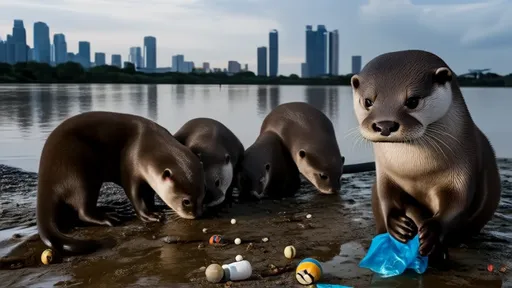
By /Aug 12, 2025